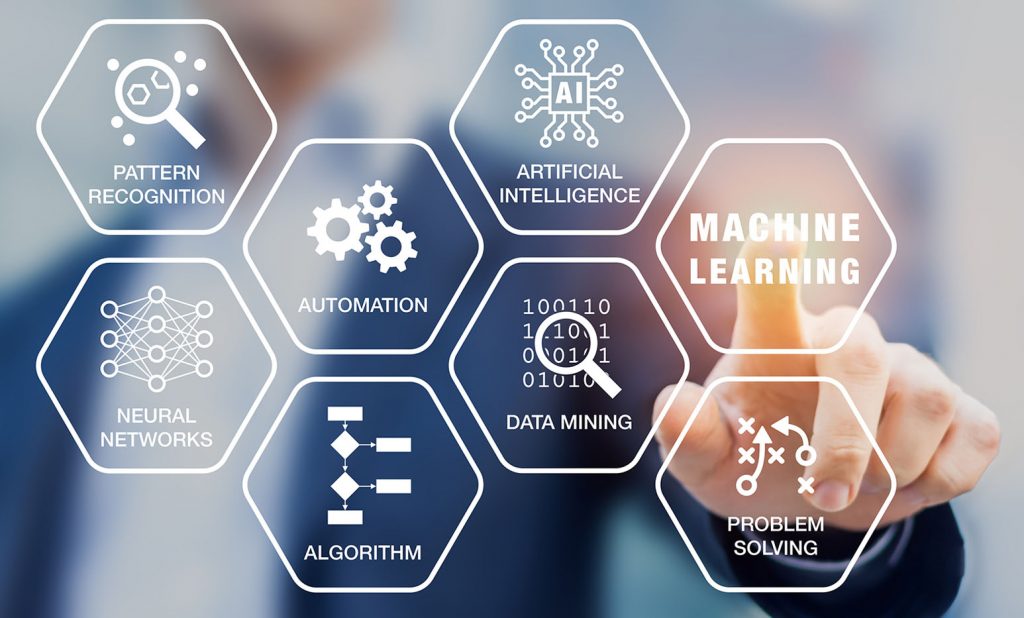In the current rapidly evolving business landscape, firms face the ever-present challenge of staying ahead of the competition while meeting ever-changing customer demands. As companies strive for strategic growth, many are turning to innovative technologies to gain an edge. Among these technologies, artificial intelligence has emerged as a transformative tool, fundamentally altering the way companies operate and make decisions. By harnessing the potential of artificial intelligence, companies can unlock new opportunities, streamline processes, and enhance their overall performance.
AI offers a variety of benefits that are reshaping various industries, from automating routine tasks to providing deep insights through analytics. Organizations can utilize artificial intelligence-powered solutions to enhance customer experiences, improve operational productivity, and drive financial success. As companies begin to embrace this technology, understanding how to integrate AI into their strategies is crucial, allowing them to not only adapt but also thrive in a competitive environment. The future of business growth is increasingly tied to the creative application of AI, making it an integral component in the toolkit of forward-thinking leaders.
Artificial Intelligence in Market Research
Artificial intelligence is revolutionizing the arena of market research by providing businesses with greater insights and better data interpretation. Conventional market research techniques often require time-consuming data collection and analysis, but AI can simplify these procedures significantly. By utilizing machine learning algorithms, companies can analyze vast amounts of data from different sources, including social platforms, consumer behavior, and sales trends, to identify patterns and predict market movements with higher accuracy.
One of the main benefits of employing AI in market analysis is its capability to process unstructured data. This includes text from web reviews, customer feedback, and even images or videos posted on social networks. Artificial intelligence tools can examine this data to uncover consumer sentiments and preferences that are not easily quantifiable through conventional means. As a result, businesses gain a comprehensive view of their market, enabling them to t ai lor their strategies to meet changing consumer demands.

Moreover, artificial intelligence enhances the speed and efficiency of market research. With automated data processing and predictive analytics, companies can quickly respond to market changes and take advantage of emerging opportunities. This agility is critical in today's fast-paced business environment, where grasping shifts in consumer behavior can represent the distinction between succeeding and failure. By leveraging AI, businesses can ensure they remain competitive and relevant in their specific industries.
Improving Consumer Interaction
Computational intelligence is transforming the manner companies engage with their customers. By scrutinizing extensive amounts of data, AI can deliver insights into client likes and actions, allowing businesses to customize their marketing tactics efficiently. This customized method not only but also increases client happiness but also fosters loyalty, as clients feel valued.
Chatbots and digital assistants powered by AI are becoming important resources for boosting client service. These systems allow companies to provide 24/7 support, answering inquiries and resolving issues in immediate time. This promptness helps to meet customer requirements promptly, enhancing overall engagement and ensuring that no question goes unaddressed, which can significantly improve the customer experience.
In addition, AI-driven analytics can help companies classify their consumers more efficiently. By understanding various consumer groups and their particular interests, businesses can create targeted initiatives that connect with each group. This level of customization not only drives revenue but also enhances the connection between the brand and its customers, in the end contributing to long-term business growth.
Optimizing Business Effectiveness
Machine learning is revolutionizing how businesses improve their workplace processes. By streamlining routine tasks, AI liberates up employees to focus on more strategic initiatives. For instance, AI can handle data entry, scheduling, and inventory management, lessening the time and effort spent on these mundane duties. This not only boosts productivity but also lessens the risk of human error, leading to more precise outcomes and improved overall efficiency.
Moreover, AI's ability to examine large volumes of data allows businesses to identify bottlenecks and inefficiencies in their operations. By utilizing predictive analytics, companies can anticipate demand fluctuations, optimize resource allocation, and enhance supply chain management. This forward-thinking approach not only saves costs but also ensures that resources are utilized most effectively, driving better performance across various segments of the organization.
In addition, AI can enhance decision-making processes through immediate insights and advice. With access to detailed data analytics, business leaders can make wise choices that synchronize with their long-term goals. This capability promotes faster responses to market changes and enhances the overall operational framework, cultivating a culture of continuous improvement and adaptability within the organization.
